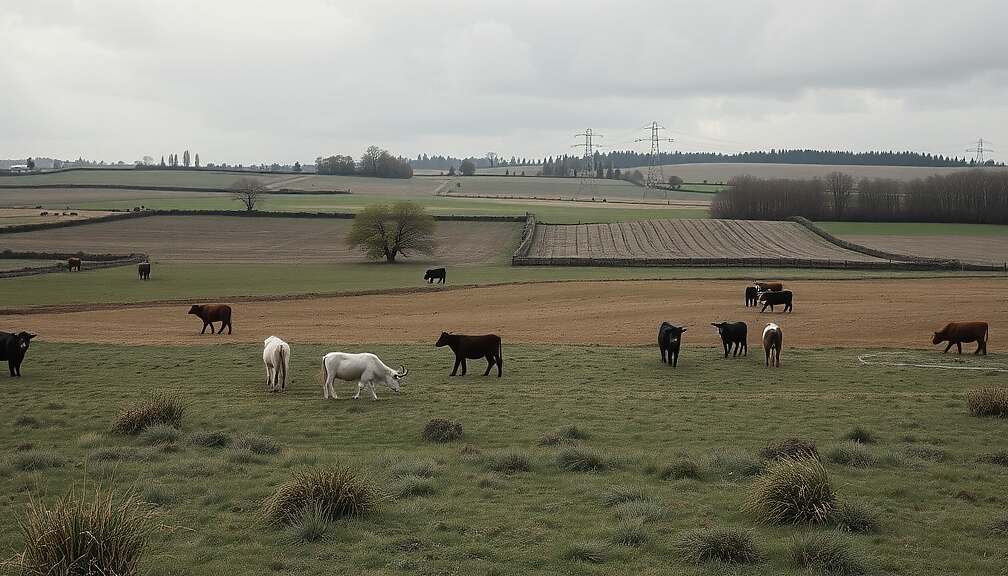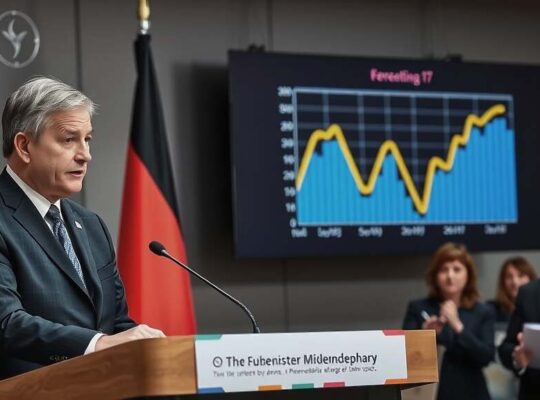Germany and much of Europe are grappling with a rapidly escalating avian influenza outbreak, prompting renewed scrutiny of biosecurity protocols and raising concerns about potential trade restrictions. As of Wednesday, eight German states – Bavaria, Brandenburg, Mecklenburg-Vorpommern, Lower Saxony, North Rhine-Westphalia, Schleswig-Holstein, Saxony-Anhalt and Thuringia – have confirmed cases of the highly contagious disease. The Friedrich Loeffler Institute (FLI), Germany’s leading animal health research facility, has classified the risk to wild bird populations as “high” indicating a potential for further widespread infection.
The current outbreak, characterized by its accelerated pace, mirrors a broader crisis across the European Union, with fifteen member states currently affected. While federal authorities are coordinating through the FLI and acknowledging the swift implementation of animal disease control measures by individual states, criticisms are emerging concerning the adequacy of preventative strategies.
“While we appreciate the rapid response from the states, the accelerating spread underscores a systemic vulnerability” stated a spokesperson for the Federal Ministry of Agriculture. “The reliance on individual state action, while necessary, is proving insufficient to contain the disease. A more proactive, nationally coordinated approach to biosecurity at the farm level is urgently needed.
The ongoing crisis is inevitably triggering commercial repercussions. Routine restrictions on the trade of poultry products are expected, impacting both domestic markets and export opportunities. The current system offering a flat-rate compensation of €50 per animal that must be culled is also facing calls for review. Opposition parties are questioning the adequacy of this compensation, particularly for smaller farms facing significant economic losses.
Beyond the immediate consequences for poultry farmers, the escalating situation highlights a broader debate about the balance between economic interests and ecological responsibility. Experts are pointing to the potential link between intensive farming practices and the increased risk of disease transmission, calling for a re-evaluation of current agricultural policies to prioritize preventative measures and reduce the strain on wild bird populations. The current outbreak serves as a stark reminder of the interconnectedness of human, animal and environmental health within the EU and poses a significant challenge to sustainable agricultural practices.












